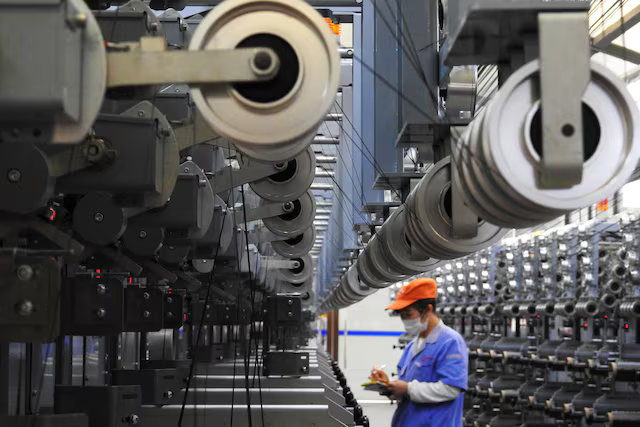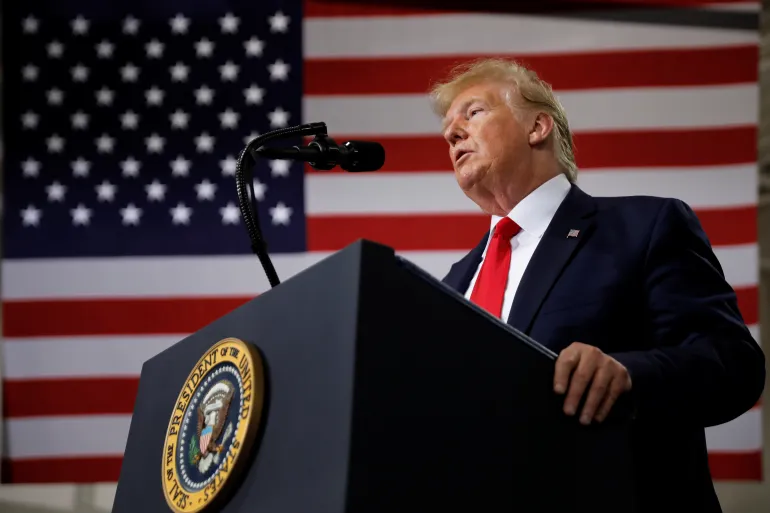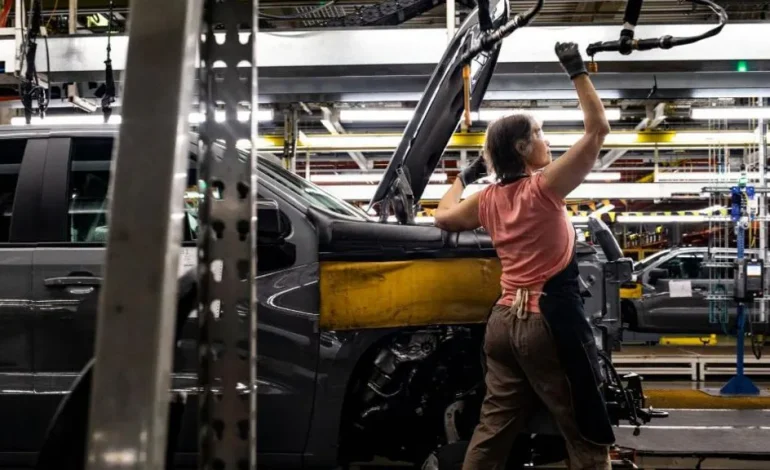The US Commerce Department has introduced a new rule that would prohibit the use of certain Chinese and Russian-made automotive hardware and software in vehicles sold in the US, citing national security risks.
This move, part of broader efforts to limit foreign influence in critical sectors, comes amid concerns over the potential for cyber espionage and data collection through internet-connected cars.
The proposed ban, announced on Monday, would affect vehicles equipped with advanced technology such as cameras, microphones, GPS systems, and other internet-connected features, which officials fear could be exploited by foreign adversaries. Commerce Secretary Gina Raimondo highlighted the potential for Chinese and Russian technology to be used for surveillance or even to disable vehicles remotely.
“It doesn’t take much imagination to understand how a foreign adversary with access to this information could pose a serious risk to both our national security and the privacy of US citizens,” Raimondo stated.
The ban would apply to any vehicle hardware and software capable of receiving or processing radio frequency communications, with software restrictions potentially beginning as early as 2026. By 2030, the ban would expand to hardware. The proposed rule also targets connected and autonomous driving systems, while excluding passive vehicle parts.
This development follows President Biden’s imposition of 100% tariffs on Chinese electric vehicle (EV) imports earlier this year, aimed at curbing China’s growing presence in the global automotive market. Chinese automakers, including BYD and Geely, have significantly increased their exports of affordable EVs worldwide, raising concerns in the US and Europe about domestic competition. The Biden administration has framed the latest move as necessary for protecting American consumers and infrastructure from potential cyber threats.
Although few Chinese and Russian automotive firms currently supply the US market, analysts view the proposed ban as a preemptive measure.
“PRC and Russian automakers do not currently play a significant role in the US auto market, but the risks are being mitigated before they arise,” said Steve Man, head of auto research at Bloomberg Intelligence.
Automakers in the US have expressed cautious support for the proposed rule, recognizing its importance for national security but warning of supply chain disruptions. John Bozzella, CEO of the Alliance for Automotive Innovation, noted that while the current use of Chinese technology in US cars is minimal, transitioning to new suppliers could be challenging for some manufacturers.
“You can’t just flip a switch and change the world’s most complex supply chain overnight,” he said.
Chinese officials have criticized the proposal, accusing the US of expanding the concept of national security to unfairly target Chinese firms. A spokesperson for China’s Foreign Ministry urged the US to provide an open and non-discriminatory business environment for Chinese companies.
The proposed rule is now open for public comment, with a final version expected to be implemented before President Biden leaves office in early 2025. If adopted, it could significantly limit the presence of Chinese-made EVs and technology in the US automotive market for the foreseeable future.
The New York Times, BBC, and Wired contributed to this report.









